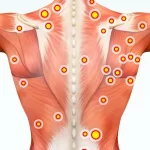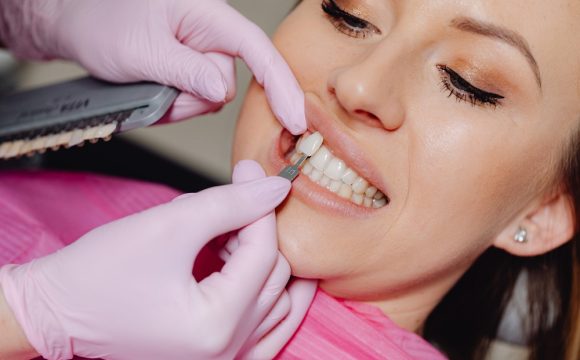Glasses correct certain eye problems. They help you see objects at any distance more clearly and sharply. Most eye issues develop if the light does not focus correctly on the retina. Jacksonville glasses help the light focus properly on the retina. Eyeglasses have different lenses to help correct various problems. Your eye specialist performs a thorough examination to help determine the best lenses for your eye condition. Eye examination may include your doctor checking peripheral vision, pupil retraction, eye movement, and outer and inner eye health. Eyeglasses can correct various eye issues, including:
Myopia
Myopia, also called nearsightedness, is a condition where you have challenges seeing distant objects, but you can clearly see things near you. It is a common condition affecting about forty percent of Americans. Myopia often develops in childhood. Eyeglasses are the most common treatment for myopia. Depending on the degree of vision requiring correction, you may have to wear glasses daily or when you only need distance vision, like driving or watching a movie. Single-vision lenses make vision clearer. You may need bifocal or progressive lenses to see clearly near and far if you are over forty.
Hyperopia
Hyperopia, also known as farsightedness, is where you have blurry vision when looking at things close up. Typically you easily see things far away and have trouble focusing your eyes on objects that are close up. Hyperopia can occur if you have a short eyeball or your cornea is flatter than usual, affecting how your eyes receive and process light to allow you to see. Eyeglasses can help correct farsightedness. The lenses in eyeglasses help change the way light focuses on your retina. The degree of hyperopia determines the type of lenses you need and how often you wear them.
Astigmatism
Astigmatism is a refractive error where your eye cornea or lens is more curved than normal. It alters your eye shape, making your vision blurry. Blurry vision is the most common astigmatism symptom. Other symptoms include squinting to see clearly, headaches, eye strain, and seeing glare or halos around lights. Your doctor can recommend eyeglasses or contact lenses to help you see clearly. Glasses and contacts help correct vision, but not your eye shape. LASIK and photorefractive eye surgery can change the shape of your cornea to help light hit your retina correctly.
Presbyopia
Presbyopia is losing your eye’s ability to change its focus to see near objects. It is a natural aging process of your eyes. Presbyopia typically starts around forty and worsens around the late sixties, when it often levels off. Common presbyopia symptoms include eye strain, headaches from doing close work, blurred vision at a normal reading, and the need for more light while reading. There is no cure for presbyopia, but your doctor can recommend eyeglasses, contact lenses, or surgery, depending on your overall health and lifestyle.
Glasses help improve eye vision. They help you see things at any distance more clearly and sharply. Glasses can correct many eye problems, including nearsightedness, farsightedness, astigmatism, and presbyopia. Schedule an appointment at Wolchok Eye Associates for eyeglasses to improve your vision.








